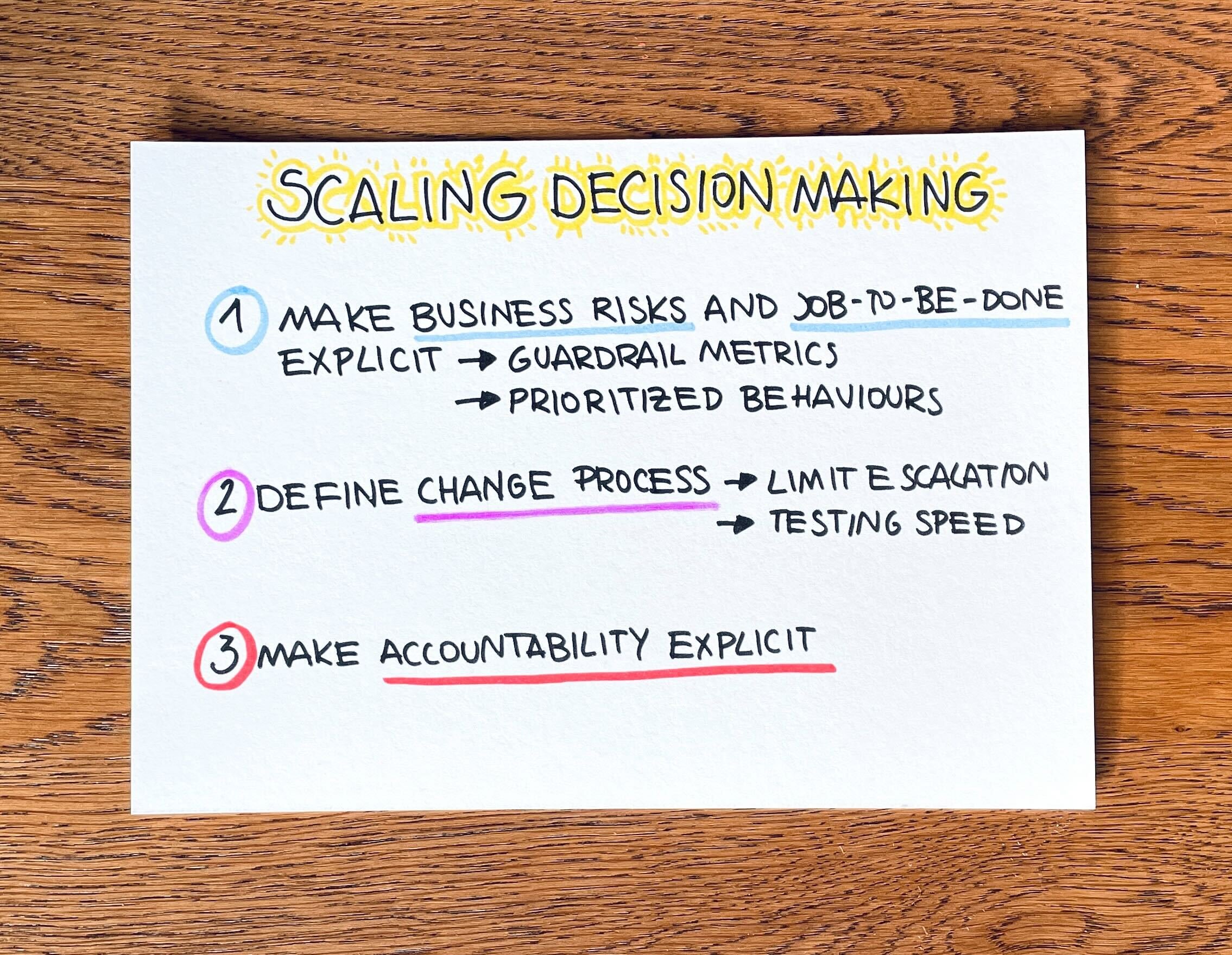Motivated reasoning: what it is and why you should talk about it with your product teams
Motivated reasoning - we all see the world not as it is, but as we want it to be
I was today years old when I started to read more about motivated reasoning and realized it is a concept that we need to talk more about in product development.
For me, it all started by listening to this TED talk, where Julia Galef explains how our unconscious motivations and emotions, like desire and fear, shape the way we interpret information. It is called motivated reasoning.
This phenomenon is rooted in emotions and the way we feel, making it extremely powerful in influencing the way we see the world and our judgment. All of this without us knowing about it.
There are two types of attitudes in the way we unconsciously see the world.
On one hand, we have what she calls the soldier mindset, which leads to us wanting to defend our opinions and beliefs at all costs, shutting down all the information that might contradict our thesis, labeling them as ”enemies”. It is about tribalism, belonging to a group, and having a self-image rooted in wanting to be right. You might have heard of confirmation bias.
On the other hand, we have the scout mindset, where the emotional drive is not given by wanting to make one idea win and the other lose, but by the curiosity of wanting to see what is really there, even if it contradicts what we believe. This mindset is also rooted in emotions, like curiosity, the joy of learning something new, and the feeling of being intrigued by finding something that contradicts one’s expectations. It is a mindset adopted by people whose self-worth is not about how right or wrong they are about something.
When I heard her speak I immediately thought that this is something extremely important for product development teams to have in mind. Because we all want to be that person with the scout mindset, that is open to new information, is empathic, and can be always flexible to change. But reflecting on it, we create an environment where it is much easier to fall into soldier mindset and tribalism. And we should be extremely aware of it when making decisions that shape our products.
If you think about it, in product development we spend a lot of time and energy in building product teams that are strong, motivated, and have their eyes on an outcome. And this means that we create groups where, by design, there is a stronger connection between teammates than with any other person working in the company or using one’s product. And this phenomenon got even stronger with remote working, as creating empathy for someone who you never met and just accidentally saw on a screen once, is not natural to anyone.
Because of this, it is easy to create a feeling of we and them, where the soldier mindset thrives. Combine this with a bias in hiring, where we like more people who think like us than the ones who don’t, and you can really create a lethal combination.
But how can you identify if your team is guilty of soldier mindset? While reflecting on it, I found a couple of questions that I think are good to ask ourselves:
How do we welcome new ideas, especially the ones coming from outside the team?
It is easy that everything that comes from someone else can be seen as "the enemy” and something that we want to shut down and prove wrong. I have seen this happening in teams that do not accept opinions or ideas that they did not create themselves. So how can we be more curious and open to them?
How do we take in opinions that are genuinely different and dissonant with what we want to do?
I am not talking about someone playing the ”devil advocate” in the team, but someone who really brings another perspective. It can be a user in a user interview, a customer, or a stakeholder. How do we react when someone really doesn’t agree with what we are showing them? Do we label the opinion as ”personal” and move along or do we really try to understand why that idea doesn’t resonate?
How do we respond to mistakes?
What happens if someone tries something and it doesn’t work, or if a process was not entirely followed, or if something just went sideways? Are we willing to help the team/person who did it, or are we ready to point fingers? Are we willing to take the time to understand why that person/team fall into the mistake, or do we just think ”I told you so” and go ahead?
What is that motivates us?
Do we value confirming a hypothesis or do we weigh more taking a big risk? What is the self-image that we want to maintain our ourselves and/or our team?
Empowered product teams have extreme power in making decisions that can influence their products, and with great power comes great responsibility. We should all reflect on our biases and motivated reasoning and try to mitigate it with the inclusion of perspectives, diversity of opinions, and finding good role models.






